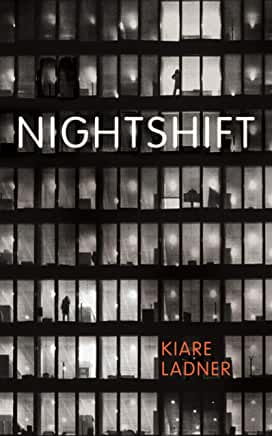
Kiare Ladner’s debut novel, Nightshift
Novel Studio alumna and tutor, Kiare Ladner, published her brilliant debut novel, Nightshift, in February 2021. Novel Studio Course Director, Emily Pedder, caught up with her to find out more about the book and her path to publication.
EP: ‘Your debut novel is set in a pre-pandemic London, in the nineties. Reading it now feels like entering a different country. How do you imagine London will recover in the years to come?’
KL: ‘London has so much kinetic urban energy. At its best, it’s a place where a person can have the freedom to be whoever they want to be (or are), and find others who are like them. What I hope change will bring is a city with more realistic rents for its workers. With affordable space for creative endeavours. With the arts right there, accessible, at the heart of it. A city revitalised by new ways of thinking in culture, economics and politics. An urban landscape that holds the thrill of the avant-garde alongside home gardens created to give nature refuge. A place that builds on the sense of community some have felt more keenly recently. And that always welcomes the immigrants we rely on. Even now, there’s a lot to appreciate about being here. The parks, the free art galleries, the brilliant hospitals, the possibilities for anonymity, the joys of simply wandering. . . When asked if I feel British or South African, my gut response is that I feel most like a Londoner.’
EP: ‘Meggie is a fascinating character, full of contradictions. She could so easily have been a passive character, with Sabine taking all the decisions, but it feels as if you’re showing us it’s Meggie who chooses what happens to her, and Meggie who has to deal with the consequences. Was this a deliberate choice from the beginning or did you need to consciously make her decisions more active?’
KL: ‘From the start, I was curious about the idea of wanting to escape the self, wanting to be other, and how far you can push it. During the writing process, I felt that Meggie was driven by this desire rather than acted upon. As a writer, I inhabited her in the way that an actor inhabits a character, and from there her decisions came intuitively. However there is one scene in the book in which she is less passive than I’d initially written her, thanks to an inspired suggestion from a beta reader. The changes were subtle but kept my narrative more in line with my vision for it. Beta readers are invaluable!’

Novel Studio alumna and tutor, Kiare Ladner
EP: ‘Sabine is one of those characters I feel everyone will recognise. That sophisticated, aloof person we all secretly aspire to be. How important was it to you to interrogate the personas people create and what lies beneath?’
KL: ‘This disparity is perhaps what first drew me to writing. Fiction allows us to investigate and express a less commonly portrayed sense of what lies beneath exteriors and dominant narratives. So I’ll probably be interrogating it forever…’
EP: ‘Where does a story usually start for you? With a character? A line of dialogue? A ‘what if’ plot question? A feeling?’
KL: ‘For me, it tends to start with a conundrum. Something that causes an itch in my brain, some question or situation I keep fiddling with. So the beginning is fairly abstract. Then if I give it time and space, scribbling and thinking, it tends to attach itself to a voice, and from there the story builds.’
EP: ‘I love how your novel taps into that complicated question of identity, particularly for those who live far from their native country. As a South African whose made London your home, is that an experience you relate to?
KL: ‘Definitely. I have gained a lot from being a stranger in a country, and the freedom to find my own tribe. But there are also aspects to leaving your country of origin that are painful, complex and irresolvable. Much to keep grappling with, in part through writing, I guess.’
EP: ‘You’ve studied creative writing at many levels, from short courses at City right up to PhD at Aberystwyth. What’s been the most important thing you’ve gained from that study?’
KL: ‘I’ve had some excellent tuition over the years. But I’ve also learned so much through other student writers. Not only from their brilliant and inspiring work – which has shown me the range and versatility of fictional prose – but also from their work ethic: their perseverance, resilience and determination.’
EP: ‘Do you think creative writing can be taught?’
KL: ‘It certainly involves craft, and learning. And a course environment makes space for a particular quality of attention to the work. I like how George Saunders puts it when he says that even for those, “who don’t get something out there, the process is still a noble one – the process of trying to say something, of working through craft issues and the worldview issues and the ego issues – all of this is character-building and, God forbid, everything we do should have concrete career results. I’ve seen time and time again the way that the process of trying to say something dignifies and improves a person.”’
EP: ‘How are you finding teaching on the Novel Studio, a programme you took yourself?’
KL: ‘Years ago this course gave me an inroads to the nuts and bolts of writing a novel. Its structure was invaluable in maintaining momentum and providing a sense of progression. And some of the other writers’ novels had me in awe! Now, what I find most exciting is to see the growth of the students’ writing over the course of a year. How hard some of them work, and how much they can do and learn and change. Also, the ways they engage with each other’s texts, their generosity in terms of time, attention and encouragement, is very heartening.’
EP: ‘What are you reading right now?’
KL: ‘I always have lots on the go in different genres (poetry, short stories, biography, comfort-for-the-middle-of-the-night etc). I’ve just excitedly added Mary Ruefle’s lectures Madness, Rack and Honey to my pile. And the novel I’m reading is This Mournable Body by the wonderful Tsitsi Dangarembga.
EP: ‘What are you working on now?’
KL: ‘A new novel called Skylight. I dare say no more!’
Kiare Ladner
Kiare’s short stories have been published in anthologies, journals, commissioned for radio and shortlisted in competitions, including the BBC National Short Story Award 2018. She won funding from David Higham towards an MA (Prose Writing) at the University of East Anglia, and then received further funding for a PhD (Creative Writing) at Aberystwyth University. She was given Curtis Brown’s HW Fisher Scholarship in 2018. Her debut novel, Nightshift, was published by Picador last month and is available to buy now.
For information on the Novel Studio and how to apply, visit City’s website.
For those who want to hear Kiare read from her novel, she will be the guest at our next City Writes on 1 April.
Register for free attendance here.
 We spoke to alumnus Jason Bradley to find out why he chose to take an online City short course with his colleagues and how it has helped him develop the skills required to progress within his career.
We spoke to alumnus Jason Bradley to find out why he chose to take an online City short course with his colleagues and how it has helped him develop the skills required to progress within his career.

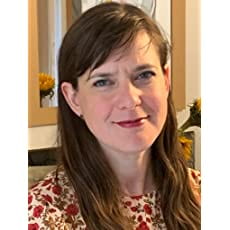





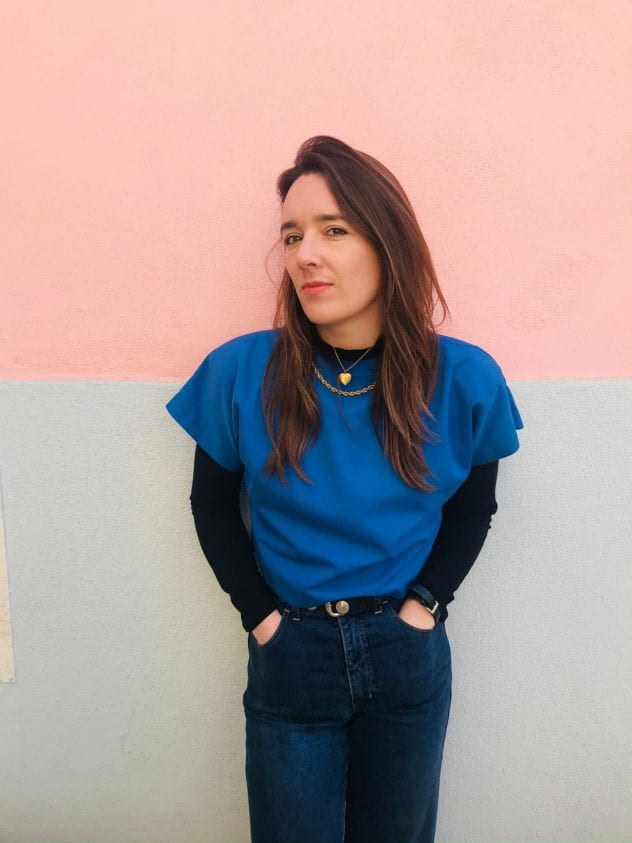
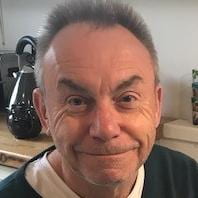
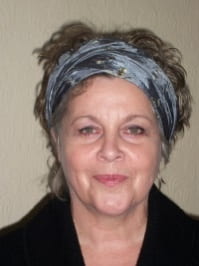





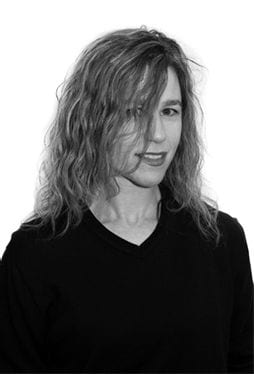



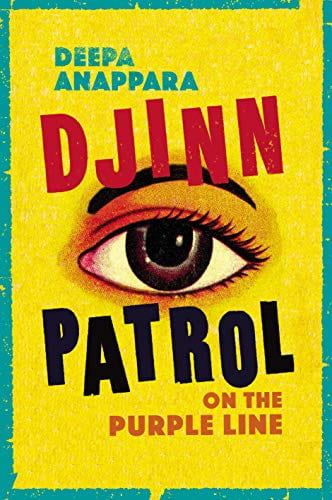


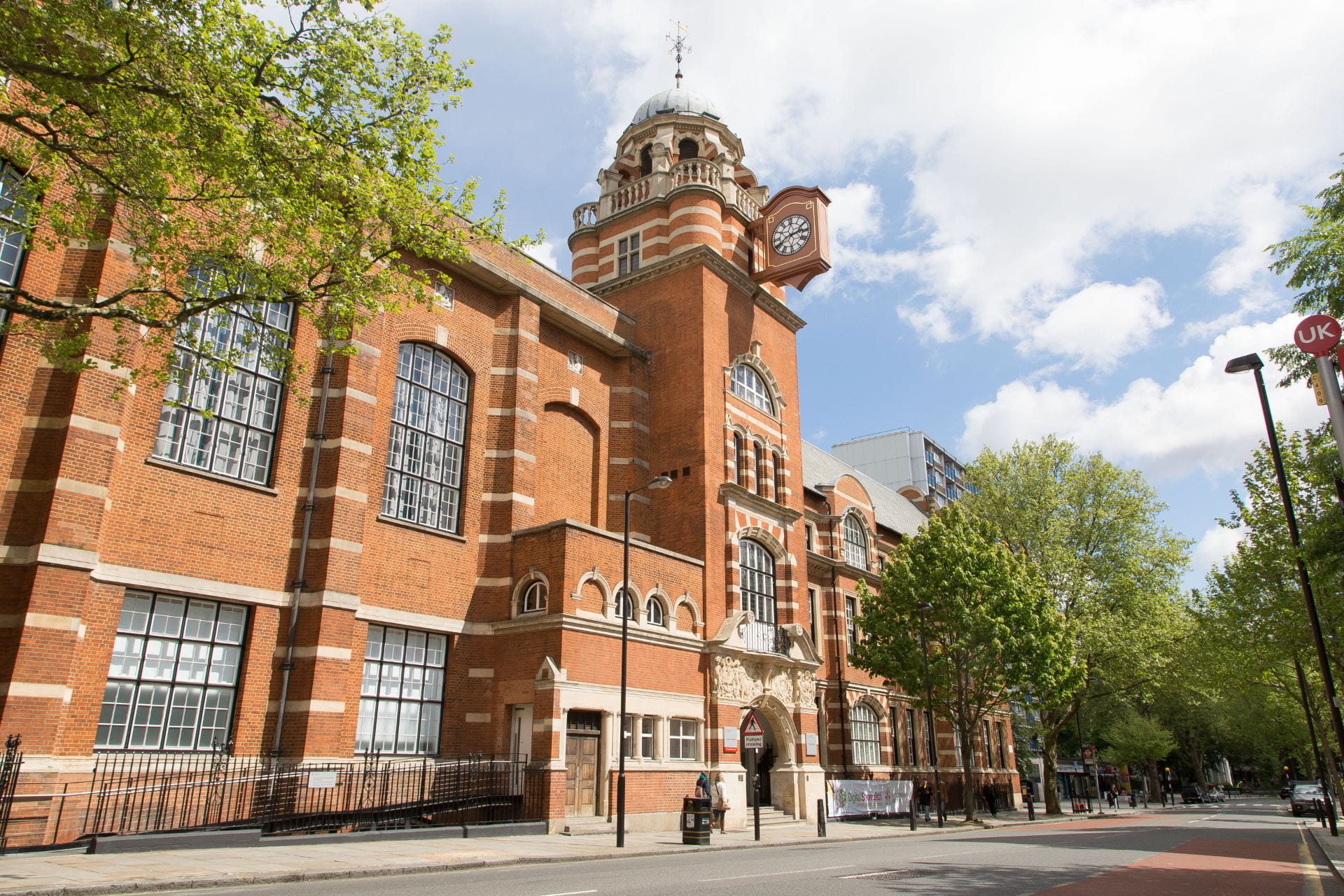
Recent Comments